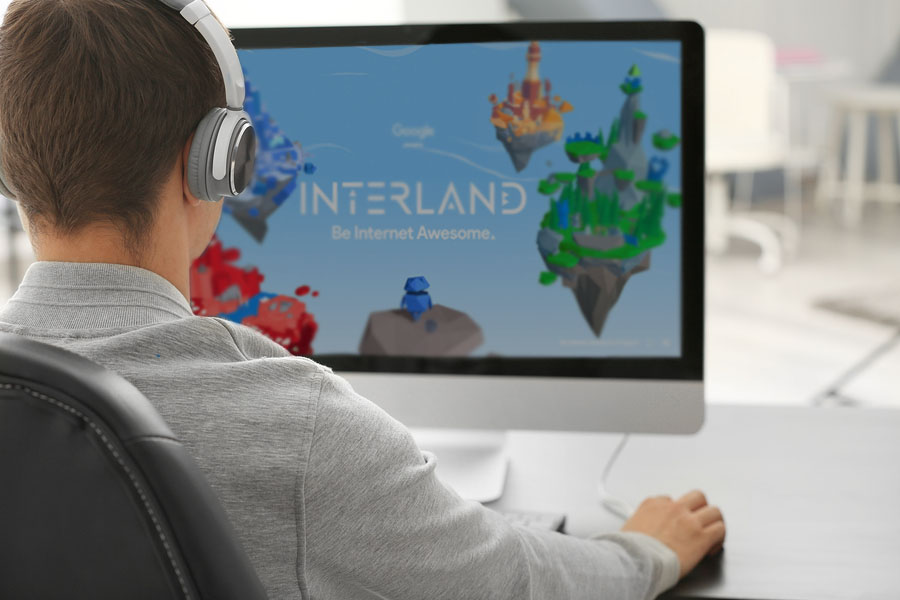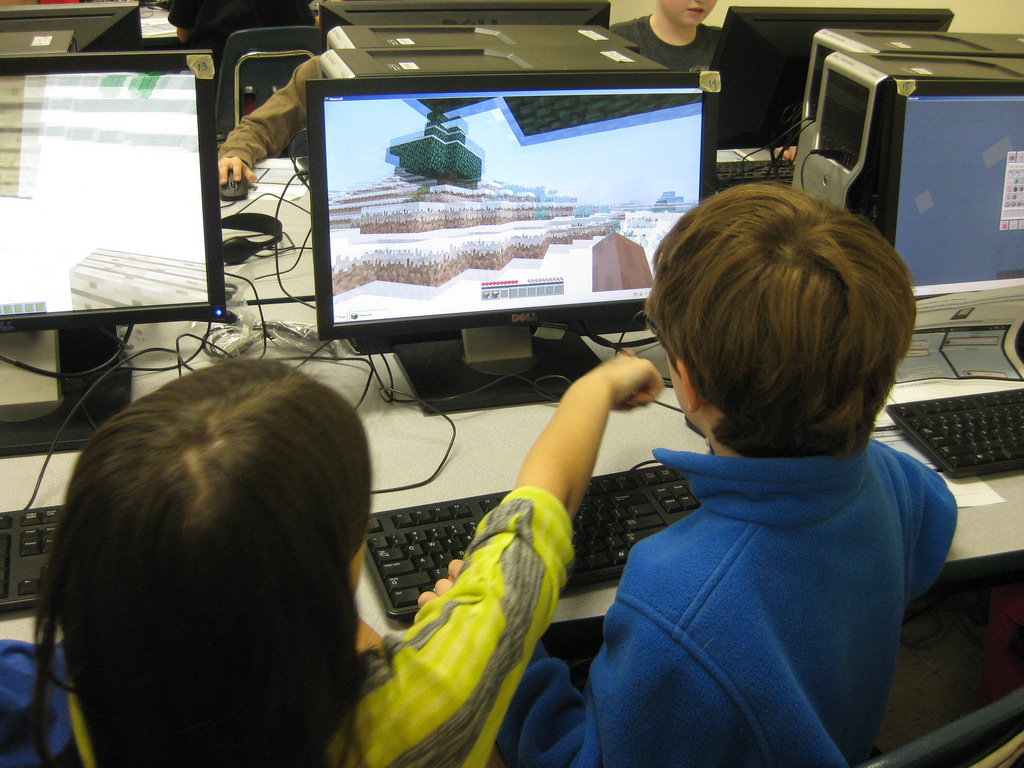Video games help develop essential skills in university students.
Photo: Bigstock.
For decades, video games had been viewed as a bad influence for the young, they’re associated with the exposition to violence, the triggering of aggressive behavior and a disconnection from reality. It is true that too many unsupervised hours playing a violent game can lead to this kind of consequences, but it all depends on the design and purpose of the game. What if a game is not about destroying any given enemy, but just about to learn? Could it be an educational tool?
Commercial video games are meant to entertain, not to educate, but still, the player needs a specific set of skills and competencies to overcome the challenges in the game. Communication, resourcefulness, and adaptability are the most elemental skills that video games help develop. We could say games are fun because of two reasons: The pleasure of beating challenges and the joy of learning.
A video game is a system of challenges, to beat them, the player needs to understand that system and work within its rules and structures to reach any given objective. This includes problem resolution, strategic thinking, logical thinking and, if we’re talking about a multiplayer, it also comprehends coordination and teamwork.
The role of video games has been amply explored on elementary levels of education, but in higher education, is still an understudied field. There is very little empirical evidence that backs up the effectiveness of video games in education. Matthew Barr, a lecturer for the University of Glasgow, conducted a study to explore the educational attributes of video games for college students. With the participation of 100 students, Barr formed two groups. The first one would play titles like Borderland, Minecraft Team Fortress 2, Portal 2 and papers, the second group wouldn’t play any games.
Both groups were tasked with delivering reports to measure levels of communication, resourcefulness, and adaptability After eight weeks the students who played scored better in these three skills that the ones who didn’t play. There is a basis to think video games can be a reliable tool for educational innovation in the higher education level, but we still lack studies that confirm its usefulness beyond any doubts.
It is estimated that 2.5 billion people around the world play video games. The collaboration between teachers and developers to produce digital games for education continues to grow. MinecraftEdu, a special version of the game, specifically designed for classrooms it’s being used in 700 schools and 40 countries. The game has helped teachers to reinforce knowledge in subjects like Math, Geography, History, Geography, Chemistry, Algebra, Code and more.
The next step is to keep exploring video games as an educational tool for the high education level. One particular area in which it could be beneficial is in the development of power skills since they are so sought by recruiters nowadays. Apart from multiplayer games that help develop skills like communication and teamwork, the last decade has taken a deep dive into the production of games that complement the construction of emotional intelligence, empathy and decision making.
Titles like Mass Effect, Life is Strange, and Journey are great examples of digital experiences that teach the players how their decisions can build relationships, consolidate or break alliances, and how the consequences of every action can shape the world and characters in-game.
Currently, video games that are meant solely for education purpose are scarce, but their educational attributes still exist, even in commercial games. With a little more research and study on the subject, we could find a differentiator that leads higher education into its next phase.
This article from Observatory of the Institute for the Future of Education may be shared under the terms of the license CC BY-NC-SA 4.0 
)
)










)
Sofía García-Bullé
Edu News
Sofía García-Bullé
Edu News
Sofía García-Bullé
Edu News